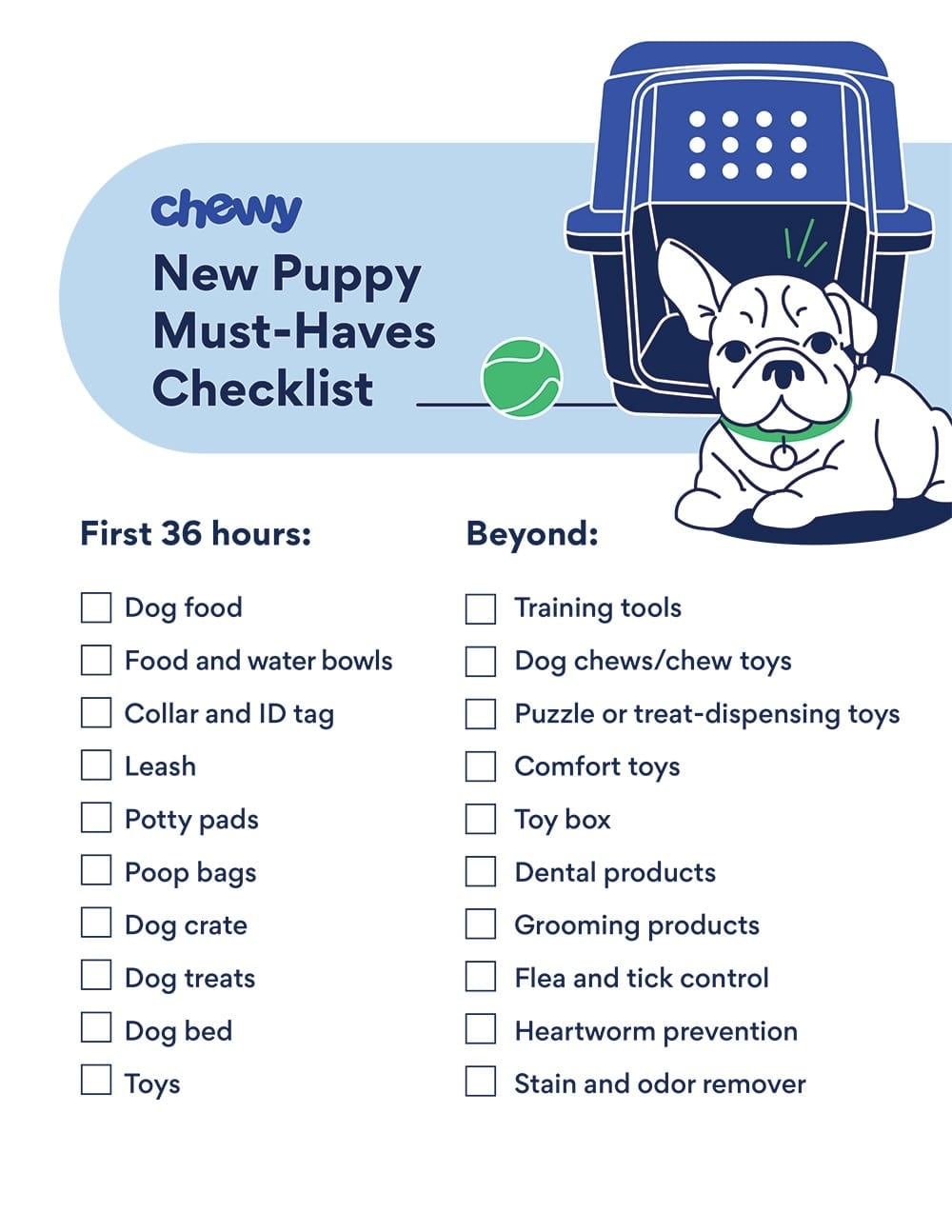Bringing a new puppy home is an exciting time, but it requires careful preparation to ensure your furry friend’s safety and well-being. This guide will walk you through essential steps to puppy-proof your home and create a welcoming environment for your new family member.
Puppy-Proofing Your Home: Creating a Safe Haven
The first crucial step is to transform your living space into a perfect dog-friendly space. This involves identifying and securing potential hazards. Store cleaning products, electrical cables, and any other items that could be harmful or tempting for a puppy to chew well out of their reach. Remember that puppies grow rapidly, and furniture or areas that are initially inaccessible may become easy to reach in a short period.
Establishing a Dedicated Resting Area
Every puppy needs their own secure space for rest and relaxation. Setting up a designated resting area is vital. A crate can be an excellent option, providing a sense of security and aiding in toilet training. Position this space in a quiet location where your puppy won’t be disturbed and away from high-traffic areas. Equip it with comfortable blankets and bedding to ensure warmth and coziness. Even if you plan for your dog to sleep in your room or bed, a safe, personal space is essential for them to retreat to at other times.
Dining Arrangements
Decide on a specific location for your puppy’s food and water bowls. This area should be separate from their resting space. Crucially, store puppy food in a location inaccessible to your pup to prevent them from overeating or making a mess.
Managing Access with Baby Gates
If there are areas of your house you wish to restrict your puppy’s access to, or if you want to control when they can enter certain rooms, consider installing baby gates. These are highly effective tools for teaching your dog boundaries and where they are and aren’t permitted to go. Gates can also help maintain safety and provide reassurance for your puppy, especially as they adjust to spending time alone, allowing them to see you even when in a restricted area.
It’s important to establish clear boundaries from the outset if you’re limiting access to specific areas. Inconsistency, such as allowing access sometimes and scolding them at other times, can be very confusing and distressing for a puppy.
Securing Your Garden
Ensuring your garden is secure is paramount for your puppy’s safety during outdoor play. Check for any gaps in fences or areas where they might dig underneath. Additionally, be aware of and remove any poisonous plants or other garden hazards that could pose a risk to your new pet.
Creating a Puppy Supply Checklist
In addition to puppy-proofing your home, you’ll need to gather all the necessary supplies for your new companion. Here’s a starting point for your checklist:
- Food and Water Bowls: Durable and easy-to-clean bowls.
- Puppy Food: High-quality food appropriate for their age and breed.
- Collar and Leash: A lightweight collar and leash for training and walks.
- ID Tag: With your contact information.
- Crate or Bed: A comfortable and appropriately sized resting space.
- Toys: A variety of safe chew toys and interactive toys.
- Grooming Supplies: Brush, nail clippers, puppy shampoo.
- Training Pads: If you are using absorbent pads for house training.
- Cleaning Supplies: Enzyme cleaner for accidents.
Preparing these essentials in advance will make the transition smoother for both you and your new puppy. For those looking to understand the financial aspect of training, exploring basic obedience dog training cost can be a helpful step in your preparation. Additionally, finding local training resources such as basic dog training classes can be beneficial as your puppy settles in.

